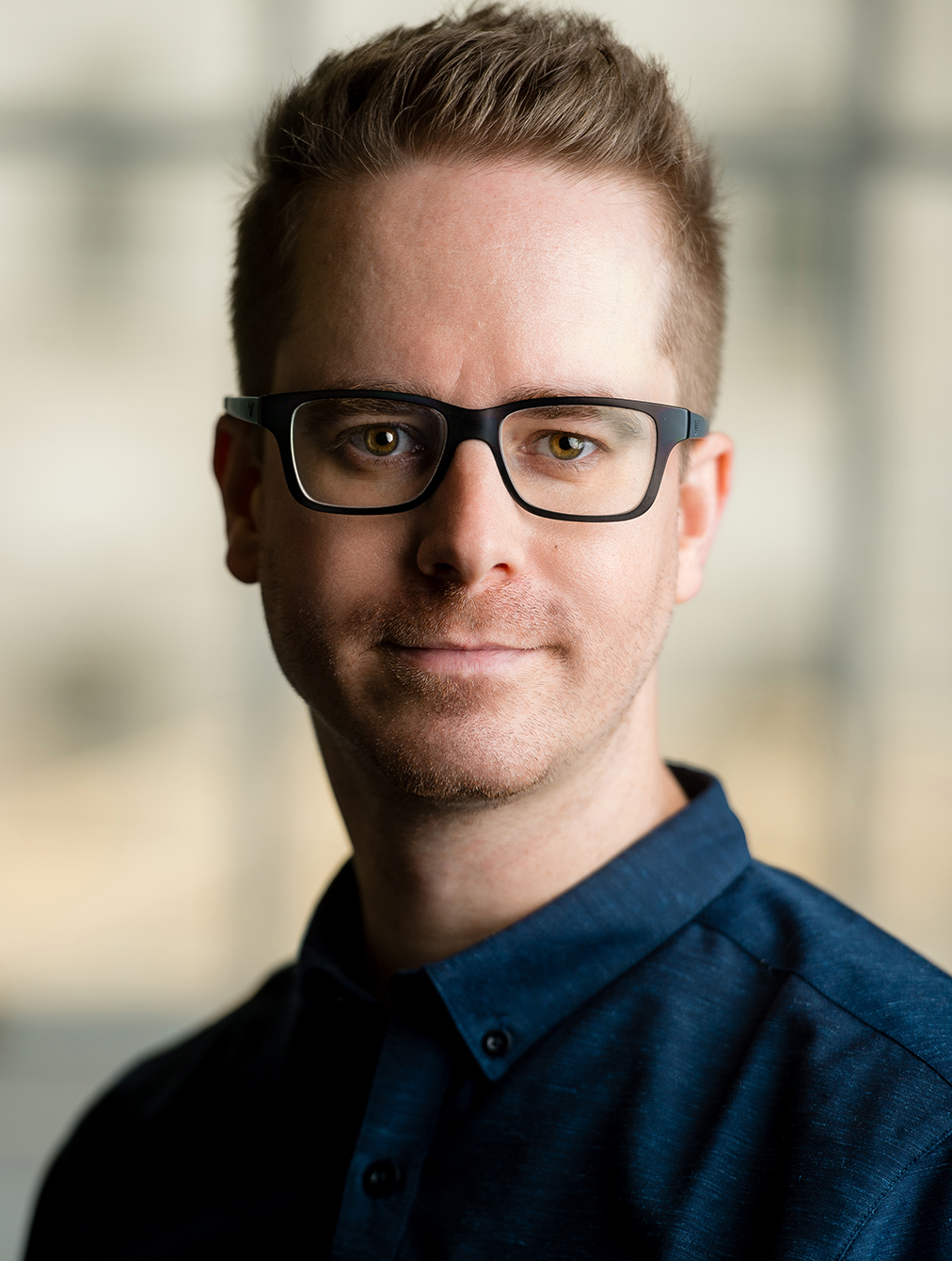
Roni Zeiger, M.D.
Former Head of Health Strategy, Facebook/Meta | Former Chief Health Strategist, Google | Co-Founder and Former CEO, Smart Patients
Dr. Roni Zeiger works at the cutting edge of technology, healthcare, and human experience. As the former Head of Health Strategy at Facebook/Meta, the former Chief Health Strategist at Google, and the founder of Smart Patients, Roni's experience in digital health makes him one of the foremost speakers on how technology continues to transform modern healthcare.
Artificial intelligence sits at the forefront of the current era of technological transformation and Roni believes the healthcare industry is uniquely poised to adopt it. Viewing AI as "the best assistant to ever exist," he speaks to the ways that AI can relieve providers of the burdens of cumbersome clinical documentation and assist with the diagnostic process, thereby redefining the patient-provider interaction, boosting productivity, and alleviating burnout. Roni also envisions a "renaissance of creativity" in medical education with AI tools giving students access to dynamic clinical contexts from day one of training.
Roni’s decades-long career in healthcare has been punctuated by the idea that when patients, doctors, and researchers all work together, learn from each other, and strive to understand the ways each of us is an expert of our own experience, we can make better science happen faster. Early in his career as a medical interpreter, he become acutely aware of the many instances of failed communication between doctors and patients and learned that patients typically remember only 25% of what doctors communicate. He has since remained a vocal advocate for the ways that technology and online communities can help to bridge those gaps.
In his role as Google’s Chief Health Strategist, he developed innovative digital medical services including Google Flu Trends and Symptom Search. He then founded and lead Smart Patients, an online peer support community where patients, families, and caregivers learn from each other about treatments, the latest science, and how it all fits into their experiences.
During his time at Smart Patients, he witnessed Facebook Groups unintentionally become one of the world’s largest online health support communities. Leveraging his expertise in patient communities, he joined Facebook as the Head of Health Strategy with the goal to enhance the impact of these organic groups and guide the company’s further efforts in the health space.
Shortly after stepping into this new role, the COVID-19 pandemic began and his focus shifted to helping control misinformation and working with global public health experts to center accurate information on the platform. He has since left Facebook/Meta and now advises health systems, non-profits, and companies on emerging technologies, online communities, and online behavior change campaigns.
Roni has written and edited several medical textbooks and has published articles on topics including continuing medical education, clinical decision support tools, and searching for health information on the web. Roni is also the creator of McGraw-Hill’s Diagnosaurus, an app and online platform that helps clinicians and trainees perform and learn differential diagnoses.
Dr. Zeiger practiced primary care and urgent care medicine for two decades, earned his M.D. at Stanford University and completed his internal medicine residency at the University of California, San Francisco. He has served as a clinical instructor of medicine at Stanford University School of Medicine and received a master's degree in biomedical informatics from Stanford.
Topics
Videos
Books
This speaker does not have any books yet.
Articles
Podcasts
This speaker does not have any podcasts yet.
Testimonials
Request Availability
Download Bio
Patient-Centered Care
Disruption in Healthcare
Artificial Intelligence






















